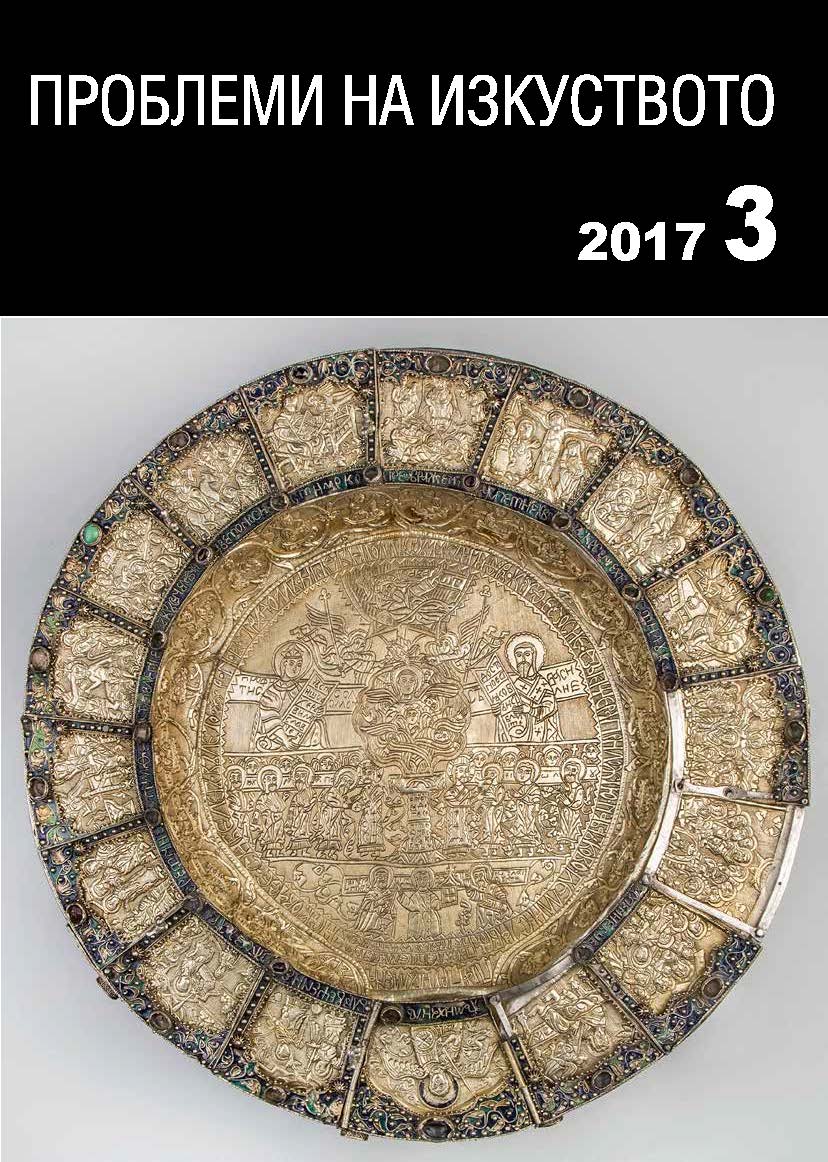Законодателство и външна културна политика: примерът на румънското ново кино
Legislation and foreign cultural policy: The example of Romanian new film
Author(s): Anna Shoileva-ChomakovaSubject(s): History, Fine Arts / Performing Arts, Geography, Regional studies, Film / Cinema / Cinematography
Published by: Институт за изследване на изкуствата, Българска академия на науките
Summary/Abstract: The article examines two different aspects of the state cultural policy in Romania in the film industry. On one hand it marks the legislative regulation of the Romanian cinematography from the 30`s of the past century until today, and on the other – the accent is put on the active foreign policy of the country over the past years, which is directed toward popularization of the Romanian culture abroad as a whole and cinema in particular. The Romanian film is regarded by the state as a cultural product of national importance, which by different mechanisms like legislation and cultural diplomacy is supported and distributed worldwide. In the analysis of the framework of the state cultural policy in Romania in cinematography, there are several points that make impression. After the turbulences in the years after 1989, the state is trying to support traditions in passing protectionist policy toward cinema. Following the French law regulation and mechanisms of financing, there are attempts to form a European model of cinema industry development: creation of a special cinema fund, engagement of the TV channels and cable operators in the film production financing, imposition of taxes over the cinema theatre tickets. At the same time, the role of the state cultural diplomacy in distributing the new Romanian cinema worldwide is very active and important. The Romanian cultural centers are the focus points, where different activities are located such as festivals, film screenings etc. In conclusion –legislative frame and diplomacy are onlylevers, which gives basis for cinematographic development. However, such a state support is essential to have a new wave in the Romanian cinema.
Journal: Проблеми на изкуството
- Issue Year: 2017
- Issue No: 3
- Page Range: 56-59
- Page Count: 4
- Language: Bulgarian
- Content File-PDF

